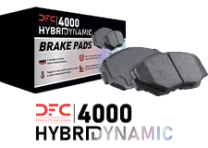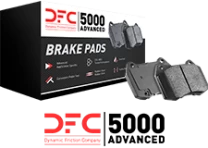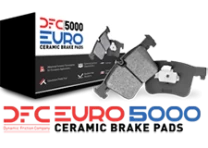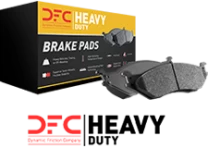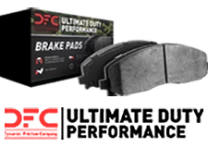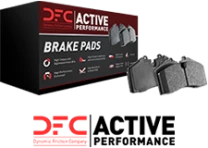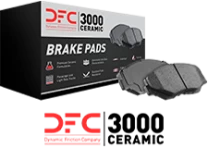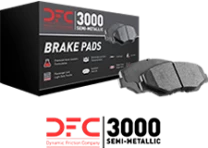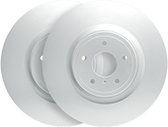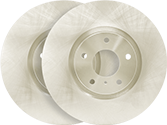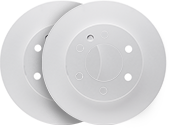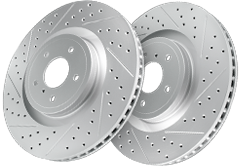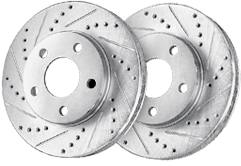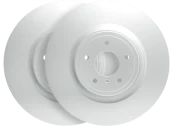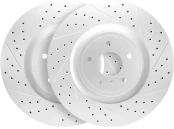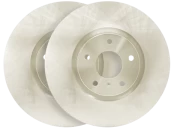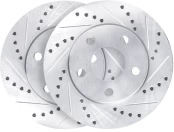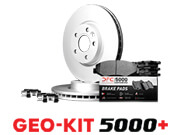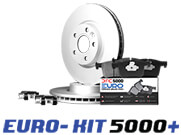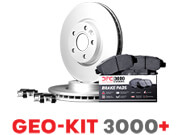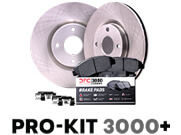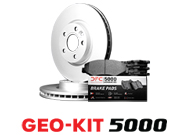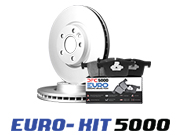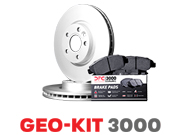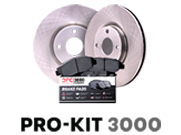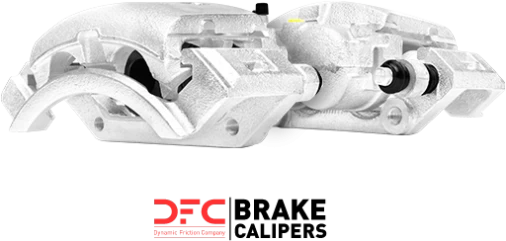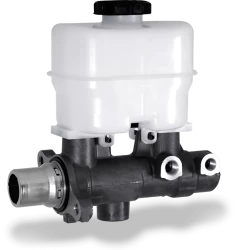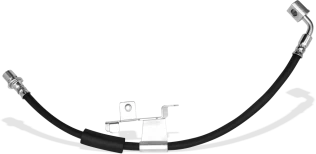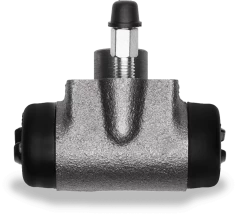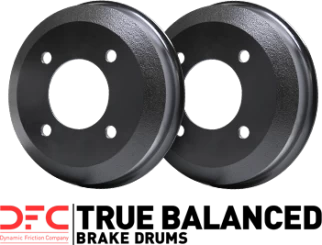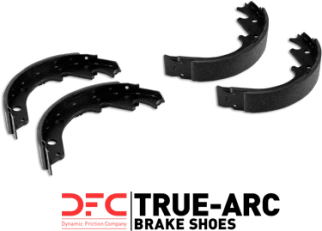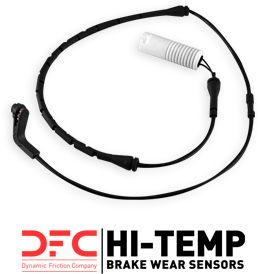Still Falling for Reman? It’s Time to Move On.
Look, we’ve all made mistakes. Maybe you thought cargo shorts were a good look. Maybe you once said, “I don’t need the instructions.” Maybe you’ve installed remanufactured brake calipers, thinking you were saving a few bucks.
We’re not here to judge. We’re here to help.
In Episode 2 of Automotive Anonymous, we confront one of the biggest myths in the auto world:
💰 Are remanufactured calipers actually cheaper?
🚨 Do they really belong on your customers’ cars?
🎶 And can a support group meeting really turn into a musical?
Spoiler alert—new calipers win every time. And yes, there’s a song about it.
Why Reman Calipers Are Like a Bad Ex
Reman calipers show up looking like a deal, promising you savings and reliability—but before long, they’re calling you back… for a warranty claim.
🚨 They’ve got a history. Who knows how many vehicles (or potholes) they’ve been through?
⚠️ They’re inconsistent. Some work, some fail—but by the time you find out, your reputation is on the line.
💸 They cost more than you think. Between core charges, return hassles, and comebacks, where’s the savings?
🔧 They make you do the job twice. If that “cheaper” caliper fails, guess who’s doing free labor on the redo?
Your time is too valuable for this. And your customers? They expect better than recycled braking components with a mystery past.
Brand-New Calipers: The Upgrade You Deserve
When you finally break free from reman, here’s what you get with a brand-new caliper:
✔ New castings – No wear, no stress fractures, no “oops, hope it holds” moments.
✔ Fresh pistons – Strong, consistent, and ready to stop when you need them to.
✔ New dust boots, slide pins, bolts, and bleeders – Because every component should be new, not just some of them.
No guessing. No sketchy rebuilds. Just quality that keeps your shop running smoothly and your customers coming back for the right reasons.
Break the Cycle—One Step at a Time
If you’re still ordering reman calipers, this is your wake-up call. We know it’s tough, but we believe in you.
Episode 2 of Automotive Anonymous is here to help you break free—and it even includes a musical number to make it stick. 🎶
So, what’s it gonna be?
🚗 A never-ending cycle of reman core charges and comebacks?
✅ Or new calipers, better braking, and no regrets?
Watch the episode. Sing along. And take the next step toward a better way.

 UNITED STATES
UNITED STATES
